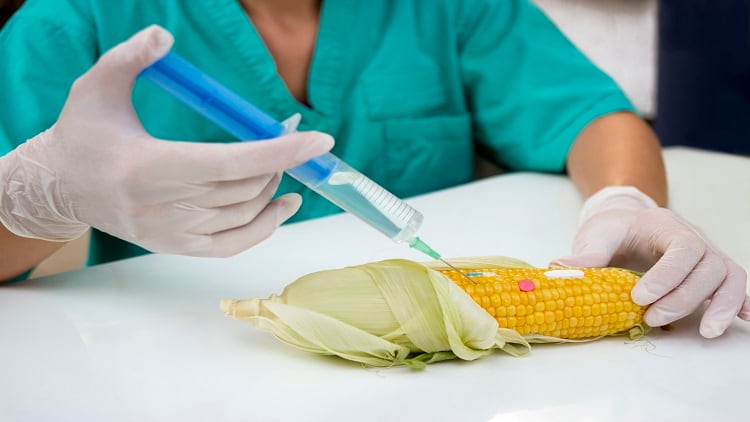Just days after celebrating its listing on Nasdaq, the e-commerce site was under state regulatory investigation due to widespread allegations of fake products sold on the site.
The products bore similar designs and packaging as big brand names, or looked just like the authentic products, but were selling at very low prices.
For instance, Weibo users found the site selling Beingmate infant milk powder for only 7.5 yuan instead of the original price of 888 yuan.
In a press conference last week, the firm clarified that 7.5 yuan was the selling price of a chrysanthemum beverage powder, and the correct pricing of the Beingmate milk powder should be 19.9 yuan. The firm said that the milk was sold at a low price because it was close to the expiration date.
After a series of high profile media reports, China’s State Administration for Market Regulation (SAMR) eventually began investigations on the firm on August 2.
On the very next day, SAMR said it had requested Pinduoduo to step up vetting of products listed on its platform.
Pinduoduo should "strengthen platform management, regulate business activities of third-party vendors, stick to law and maintain a healthy, fast and sustainable development," SAMR said in a statement.
Condoning and supporting the production and sales of counterfeit items were both legally and morally wrong, and e-commerce operators should not have made such offences, the regulatory department added.
Backed by Chinese video and Internet company Tencent Holdings, Pinduoduo was valued at $23.8bn last week in an IPO in New York.
Following SAMR’s investigation, Pinduoduo’s share price has slumped below its IPO price, Reuters reported.
Dilemma
While policing food fraud was important, China was also facing the need to minimise the harm done to the nation’s brand, an industry expert said.
“If China says that they are trying to address the problem, it's 50% true. The other thing is that China would not want to hurt the China brand. So they have a delicate balance in terms of managing food fraud,” Mitchell Weinberg, CEO and Founder of Inscatech told FoodNavigator-Asia.
With SAMR in the picture, he believes that the investigations are going to be helpful in policing the problem of sales of counterfeit food products.
“If they (authorities) are committing resources it means the problem has to be very huge,” he said.
“The problem of fake food on sale in e-commerce platforms very common. If you look at China, I have done a number of investigations. There are a number of fake products on Taobao, it is very difficult to police, because they are putting legitimate pictures but you have no idea where the products are from and what’s in it.
“The e-commerce platform is a perfect way for people committing food fraud to market their products because vendors are invisible. It is difficult to trace them and they are sophisticated in covering their tracks.”
However, he cautioned that food fraud was not only prevalent in China, but equally problematic in India, Bangladesh, and Pakistan, according to his knowledge.
Blockchain backing?
Blockchain, a trending topic these days, would not necessarily put a stop to food fraud, unless it was linked to a forensic audit, Weinberg said.
“Blockchain is good to identify who is involved in the transaction, but it does not go deeper to tell you what was done to the food; this relies on the person who is telling you the information. It’s more effective if it’s linked to a forensic audit.”
Using traditionally acceptable investigative methods was the best way to find out if food was adulterated, and more feasible than scientific analysis, he added.
He explained that this was because it was difficult to do scientific analysis on a large scale basis.
“As someone working with a lot of food safety people, I think their comfort zone is science. They always say there is a need to do scientific analysis. However, it doesn’t make any sense, if you think of the amount of food traded, it would be impossible to test everything.”
“Also, since food adulteration is illegal, scientists making adulterated food would try new creative ways to conceal their illegal acts. There is no way science can test that unless you know what’s going on.”
To make food fraud less noticeable, the fraud also “tend to focus on where no one is looking at”, such as food preservatives and flavouring, he said.
Consumer ignorance
Counterfeit items are more likely to be consumed by population living in less developed areas, because these consumers might not even know how the authentic product looks like.
As such, Weinberg believes that consumer education is important in curbing food fraud.
“If consumers have no idea, they will come to accept it (fake products) since they do not know of other choices.”
“It (food fraud) is a situation where the company is relying on the fact that people have to eat and people who are not that educated.”



